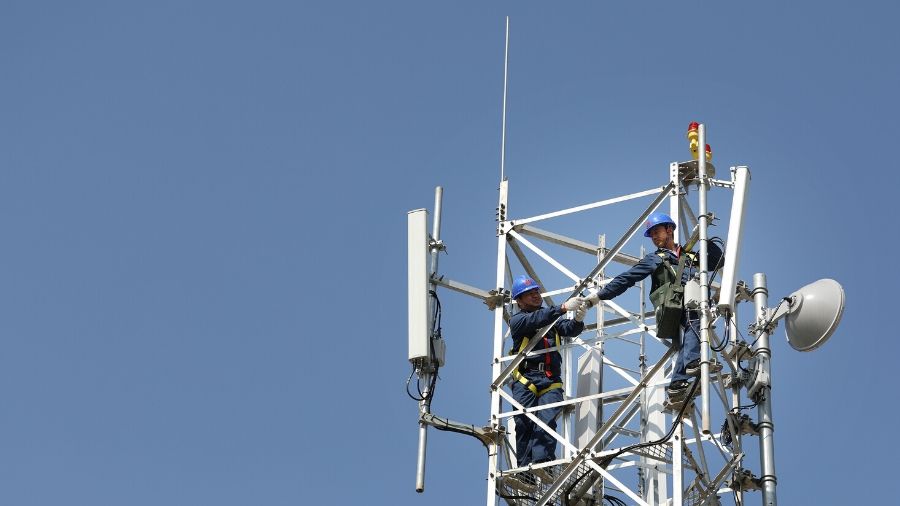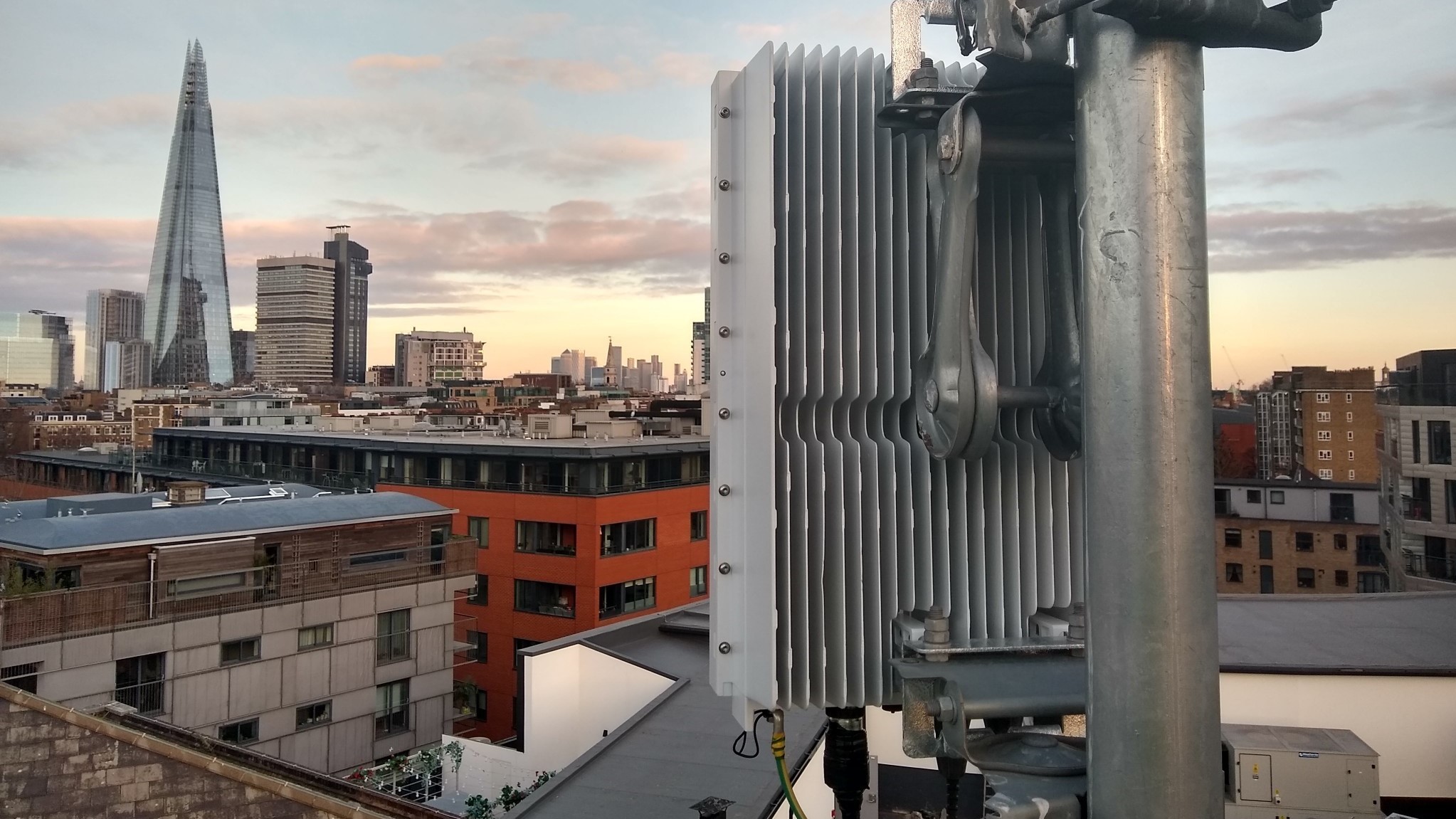Vodafone is switching off its 3G network to boost 4G and 5G
Vodafone 3G will be phased out in 2023

Sign up for breaking news, reviews, opinion, top tech deals, and more.
You are now subscribed
Your newsletter sign-up was successful
Vodafone will retire its 3G network next year and refarm the spectrum to improve the speed and coverage of its 4G and 5G services.
The company's 3G network launched 17 years ago and has coexisted with Vodafone’s 4G and 5G infrastructure in order to provide additional coverage in areas that LTE can’t reach and to customers whose handsets are not compatible with modern standards.
However, as 4G has become increasingly available, the need for 3G and its inferior speeds and capacity is significantly reduced. Most mobile data in developed markets is transmitted via 4G, while Voice over LTE (VoLTE) technology means such networks can also handle the majority of calls.
Vodafone 3G switch off
Vodafone says just 4% of all customer data is carried by its 3G network compared to 30% five years ago. Meanwhile demand for 4G data and the ongoing rollout of 5G means the 3G service is using valuable resources that could be better deployed elsewhere.
As more modern network technologies, 4G and 5G use spectrum more efficiently. This means they are faster and offer greater capacity, while they also consume less energy – a critical factor as the telecoms sector looks to become as environmentally friendly as possible. Indeed, 5G is ten times more energy efficient than aging 3G equipment which can be taken out of the network
“We’re building the UK’s most reliable mobile network, and focusing on the technologies that best connect our customers and have the least impact on the environment,” said Vodafone CEO Ahmed Essam. “3G has connected so many customers over the last 17 years, but the future is 4G and 5G. We’re going to be focused on giving customers a faster and more reliable mobile experience, and minimising our impact on the environment by taking away a layer of our network that uses inefficient equipment.

3G campaign
Vodafone’s 3G switch off will be in phases and the company will launch a communication campaign to ensure that any customer still reliant on a 3G device is aware of the retirement. Although only a small part of the company's susbcriber base falls into this category, these customers are typically less tech-savvy than those using more modern handsets.
Sign up to the TechRadar Pro newsletter to get all the top news, opinion, features and guidance your business needs to succeed!
Accordingly, Vodafone is working with third parties and charity The Good Things Foundation to ensure the most vulnerable in society aren’t disconnected.
“We start communicating to customers about this today – our goal is for everyone to stay connected, and we’ll be doing everything we can to make sure that’s the case," added Essam.
"During the campaign, we’ll be asking customers not just to make sure that their own phone supports 4G and 4G Calling, but also to check in on friends and family. There are people who aren’t confident with technology, and we want to ensure everyone is getting the help that they need, so that no one is left behind.”
In any case, should 3G be withdrawn in a certain area then Vodafone’s 2G service would still be available so customers can still make and receive calls and texts.
This safety net is one of the reasons that 2G will outlast 3G in most markets, along with the fact that 2G’s wide coverage and comparatively lower power requirements that make it an ideal standard for mass IoT deployments that require long battery life and minimal bandwidth, such as smart metres. Some elderly and rural users also require 2G which also offers a more universal roaming service.
All four mobile operators have agreed to switch off their 2G and 3G services by 2033 so spectrum can be used to support more advanced networking standards, including 6G. EE was the first UK operator to confirm its plans to switch off its 3G network last year.
- If you're still on 3G then you should check out the best best 5G phones available today
Steve McCaskill is TechRadar Pro's resident mobile industry expert, covering all aspects of the UK and global news, from operators to service providers and everything in between. He is a former editor of Silicon UK and journalist with over a decade's experience in the technology industry, writing about technology, in particular, telecoms, mobile and sports tech, sports, video games and media.